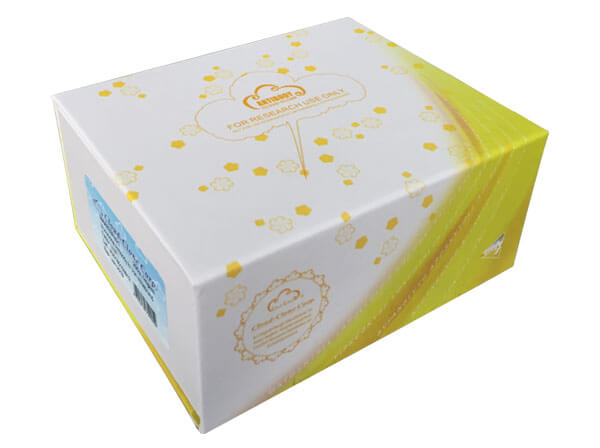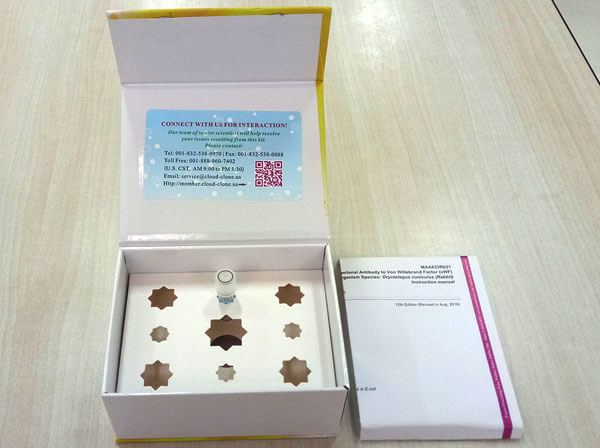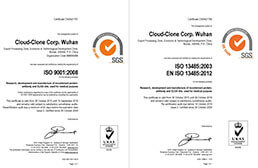Monoclonal Antibody to Fibroblast Growth Factor 7 (FGF7)
Cat# MAA636Po21-100ul
Size : 100ul
Brand : USCN
Monoclonal Antibody to Fibroblast Growth Factor 7 (FGF7)
KGF; HBGF7; Keratinocyte Growth Factor; Heparin-binding growth factor 7
- Product No.MAA636Po21
- Organism SpeciesSus scrofa; Porcine (Pig) Same name, Different species.
- SourceMonoclonal antibody preparation
- HostMouse
- Potency (Clone Number)n/a
- Ig Isotype IgG
- PurificationAntigen-specific affinity chromatography followed by Protein A affinity chromatography
- LabelNone
- Immunogen n/a
- Buffer FormulationPBS, pH7.4, containing 0.02% NaN3, 50% glycerol.
- TraitsLiquid
- Concentration1mg/mL
- Organism Species Moren/a
- ApplicationsWB; IHC; ICC; IP.
If the antibody is used in flow cytometry, please check FCM antibodies. - Download n/a
- UOM 20µl100µl 200µl 1ml 10ml
SPECIFITY of the Monoclonal Antibody to Fibroblast Growth Factor 7 (FGF7)
The antibody is a mouse monoclonal antibody raised against FGF7. It has been selected for its ability to recognize FGF7 in immunohistochemical staining and western blotting.
USAGE of the Monoclonal Antibody to Fibroblast Growth Factor 7 (FGF7)
Western blotting: 0.2-2µg/mL;1:500-5000
Immunohistochemistry: 5-20µg/mL;1:50-200
Immunocytochemistry: 5-20µg/mL;1:50-200
Optimal working dilutions must be determined by end user.
STORAGE of the of the Monoclonal Antibody to Fibroblast Growth Factor 7 (FGF7)
Store at 4°C for frequent use. Stored at -20°C in a manual defrost freezer for two year without detectable loss of activity. Avoid repeated freeze-thaw cycles.
STABILITY of the Monoclonal Antibody to Fibroblast Growth Factor 7 (FGF7)
The thermal stability is described by the loss rate. The loss rate was determined by accelerated thermal degradation test, that is, incubate the protein at 37°C for 48h, and no obvious degradation and precipitation were observed. The loss rate is less than 5% within the expiration date under appropriate storage condition.





